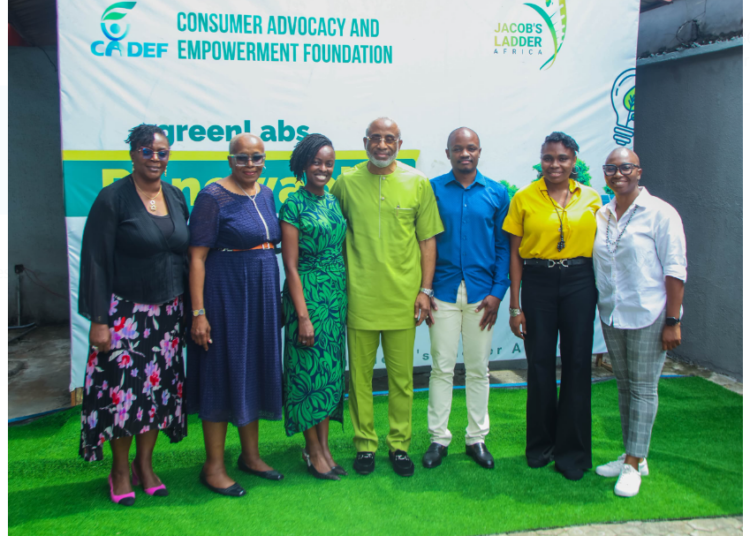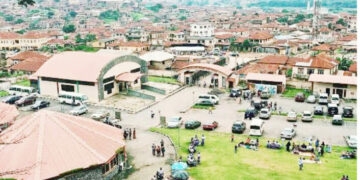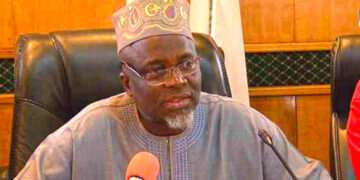Consumer Advocacy and Empowerment Foundation (CADEF) has partnered with Jacob’s Ladder Africa (JLA), a Kenyan non-profit organisation, to open up new opportunities for African youth in the rapidly expanding clean energy sector.
Central to their initiative is the Renewable Energy Innovation Challenge, aimed at unlocking the potential of African youth in the clean energy space. With Africa’s clean energy market forecasted to exceed $193 billion, this collaboration seeks to equip young Africans with the skills, resources, and networks needed to enter and thrive in this promising industry.
Africa, with the world’s youngest population—median age 19.7—has a unique advantage as innovation and adaptability become essential in clean energy growth. However, challenges like limited training, funding, and access to industry resources have restricted many young Africans from engaging in this market. Through specialized programs, workshops, and mentorship, CADEF and JLA aim to bridge these gaps, providing the knowledge and support to make a meaningful impact.
CADEF’s executive director, Professor Chiso Ndukwe-Okafor, at the 2024 Energy Innovation Challenge in Lagos, explained that the challenge is designed to harness youth potential in clean energy. “Participants collaborated with mentors, refining new ideas and enhancing existing innovations. This initiative, funded by Jacob’s Ladder Africa, promotes sustainable, locally-driven green energy solutions,” she stated.
This year, over 80 innovators applied, with 12 finalists reaching the final pitch session. The next stage, a five-week “discovery phase,” will emphasize sustainable entrepreneurship. “It’s not just about having a great idea; it’s about building a business that lasts,” Ndukwe-Okafor emphasized, adding that only participants who demonstrate a strong understanding of business operations and teamwork will advance.
JLA’s chief innovation officer, Karen Chelangat, highlighted the partnership’s collaborative approach. JLA aims to create 30 million green jobs by 2033, and this initiative is one step towards that goal. “This program prepares young people for roles in renewable energy, waste management, and sustainable food systems, in line with the global shift toward a greener economy,” she added.
Permanent secretary of the Lagos Office of Environment Services, Gaji Omobolaji Tajudeen, commended the initiative, adding that, “As we face challenges like energy shortages and waste management, the need for sustainable solutions is urgent. I encourage all innovators here to realize their potential to reshape our communities and drive lasting change.”
The top three innovations—Hydroelectric Core Generator, E-Waste2E-Access, and Loopbox—demonstrated the potential of sustainable technologies to address Africa’s unique needs.
The first-place prize went to the “Hydroelectric Core Generator,” created by James Emmanuel Ikenna. This innovation aims to help bridge Nigeria’s substantial energy gap with a water-powered generator that can bring electricity to rural areas without costly infrastructure. “Nigeria has over 86 million people without electricity,” Ikenna noted. “This project can power rural communities using only water as fuel.”





